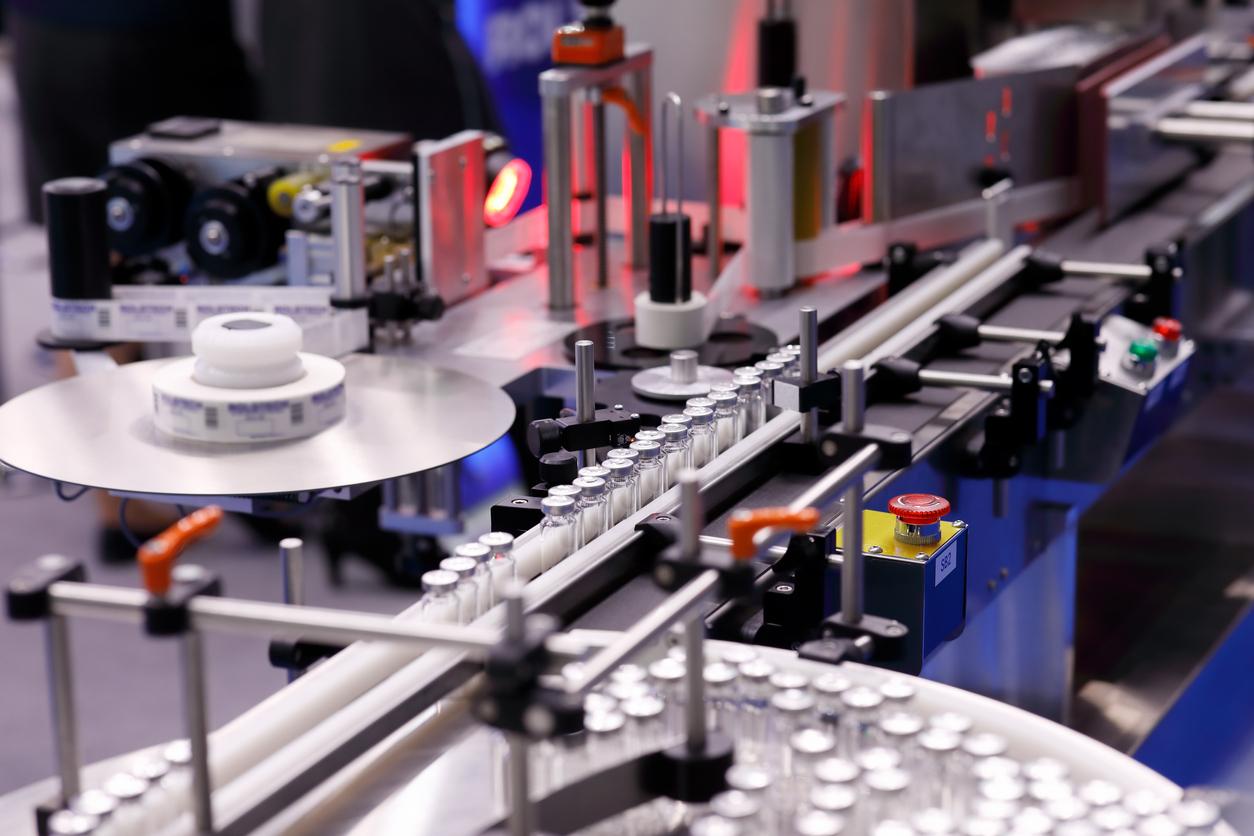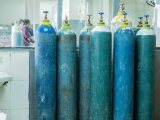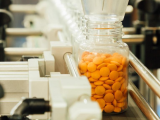The End Drug Shortages Alliance (EDSA) is urging pharmaceutical manufacturers to boost manufacturing of Bacillus Calmette-Guerin (BCG), an essential drug for bladder cancer that has been in shortage since 2019.
Because of the shortage, an estimated 8,333 US patients with moderate to advanced bladder cancer aren't receiving optimal care, EDSA said in a white paper based on a November 2022 survey of academic health centers, health systems, and physician practices.
"The shortage of BCG is extremely problematic," said David Margraf, PharmD, PhD, pharmaceutical research scientist at the Resilient Drug Supply Project (RDSP), part of the University of Minnesota's Center for Infectious Disease Research and Policy (CIDRAP), publisher of CIDRAP News.
"It possesses many of the traits we worry about when making treatment decisions for patients," he said. "As a result of this shortage, patients are left with less than optimal options depending on their disease severity: either forego therapy or resort to alternative treatments that have higher risks of adverse events and poorer outcomes."
Adverse effects, disease progression
To conduct the survey, the patient-advocacy organization Angels for Change worked with fellow EDSA member and healthcare-improvement company Vizient. EDSA is a national collaboration of healthcare providers, group purchasing organizations, drug manufacturers, distributors, and policy experts working to address the supply chain challenges that lead to US essential-medicine shortages.





















